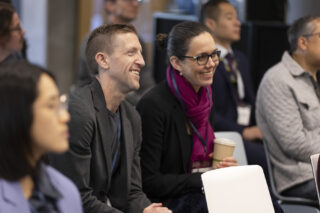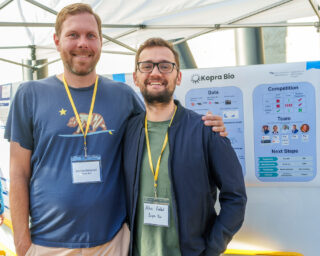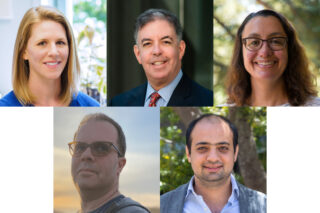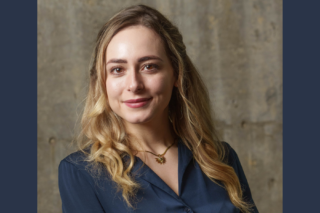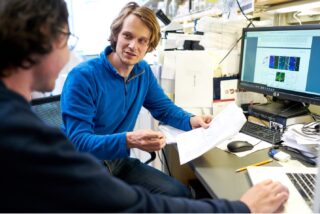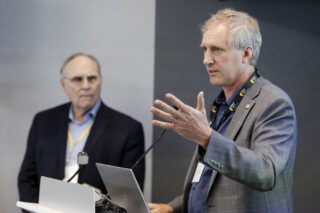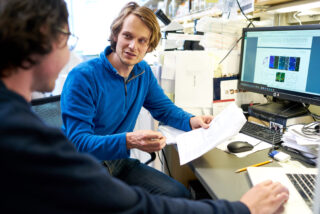Hope on the Horizon: How Minutia Plans to Cure Diabetes with Cell Therapy
By Niki Borghei.
Insulin is a hormone that regulates blood sugar levels, and for those with diabetes, it’s also a lifeline. Katy Digovich, the co-founder and CEO of Minutia, suffers from type 1 diabetes herself, and knows all too well how important insulin is for saving lives. She’s frustrated that insulin is not more accessible to patients in the US and abroad.
Why is insulin not more accessible? It’s too expensive. Prices more than tripled over the last decade in the United States. Because of insulin’s cost, one-fourth of insulin-dependent diabetics underuse it, resulting in dire consequences for their health. In some countries, insulin is rarely available, turning a treatable disease into a death sentence. That’s why Katy and her team are determined to build an alternative: cell therapy equipped with sensors that secrete the exact amount of necessary insulin into the body.

“I grew up in Silicon Valley, around this energy that a company is a great vehicle to build something of value,” said Katy. “I want to build things that need to exist in the world, and at Minutia, we’re doing this in two ways: cell therapy and the cell based sensors that can help ensure safety and improve efficacy of cell therapies.”
Minutia’s cell therapy is a functional cure for type 1 diabetes that involves transplanting insulin producing cells just underneath the skin. Not only is this safer and less invasive compared to some existing cell therapies, which require surgically implanting cells into the liver, but Minutia’s cells are paired with nanosensors that bring the medical marvels of science fiction to real life.
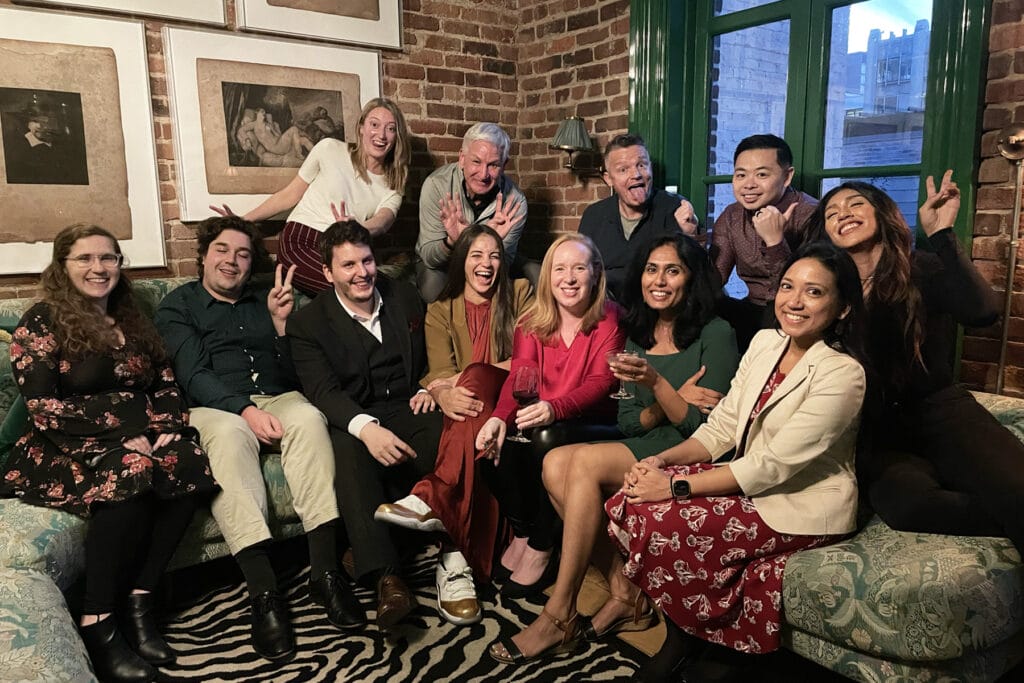
“It all goes back to reducing the burden on the transplant recipient,” said Sapna Puri, Minutia’s VP of Cell Therapy. “We’re reducing the need for risky procedures to get the cells in the body, and we’re creating a way to actively monitor what the cells are doing in the body with these sensors. There are a ton of variables that can impact the safety and success of transplanting cells into someone’s body and actually getting them to work, but with real time data, we can help the cells survive and ensure the transplant is safe. That’s what makes us different.”
Another exciting aspect of the sensors is that they could work in any cell, so while Minutia is currently laser-focused on treating diabetes, their R&D could ultimately improve the safety and efficacy of all cell therapies.
“This would all be impossible without the team,” Katy emphasized. “There are a lot of really humble, really committed folks at Minutia. They’re all specialists that think their special skill isn’t a big deal, but everyone around them thinks it’s like magic. The combination of these disparate foundational technologies and patents with this truly amazing team of people executing the work on the day to day is what makes this company so magical.”
Katy’s company was the first to tour Bakar Labs in person, and they immediately saw the magic in the space, too.
“In terms of lab space, I had never seen anything like it. It’s really unique, really inspirational. But it’s the people that really make the place. The staff is wonderful. And the proximity to UC Berkeley is a plus — the amount of talent here never ceases to amaze me.”




